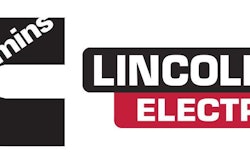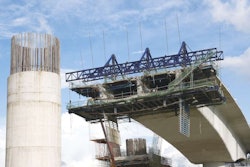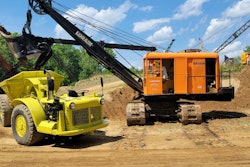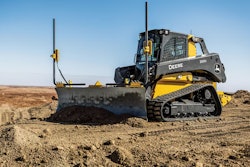
Yes, says Roger W. Mayhew, controller for construction firm Charles D. Lowder, Inc., based in Winston-Salem, North Carolina. Mayhew, who works on tax strategies year-round for the company, offered these tips to get you started on your own tax planning.
Use short term tax breaks
Contractors should take advantage of the unexpected increase in the Code Sec. 179 dollar limit for the tax years 2012 and 2013 to $500,000, with a $2 million investment limit. “The last minute change for 2012 was a major expensing benefit for our business,” Mayhew says. “With the same Code Sec. 179 provisions in place for 2013, we have made some purchase decisions to upgrade our equipment portfolio based on business needs.” If your capital needs are relatively small, Mayhew recommends using these provisions as a first approach. For those who have used the 50-percent bonus depreciation in previous years, that provision has been extended through 2013.
Pursue expansion opportunities, if available.
A negative change to consider is the increase in tax rates and capital gains for individuals making more than $400,000, which could affect business owners with LLCs and S Corporations. If your tax rate is increasing, the best thing you can do now to minimize your tax burden next year is to consider opportunities for business expansion, says Mayhew. Responsible expansion could reduce taxable income in 2013 while creating future revenue growth. “We never know what the future may hold in tax legislation, so the best advice is to make good business decisions and manage tax implications as they occur,” he says.
Know what not to do.
If you decided to expand either your fleet or your overall business, be careful. Deciding to purchase equipment or expand business operations just to take advantage of tax breaks isn’t the best course of action, and the carrying costs will hurt the bottom line. “If business expansion cannot be supported by economic conditions,” says Mayhew, “red ink may start flowing.”
Whatever decisions you make, planning ahead and knowing your strategy is the key. Ask your own tax advisor how the current legislation will affect both you personally and your business, and request some strategies that you can implement throughout the year to lower your tax burden for next year.












